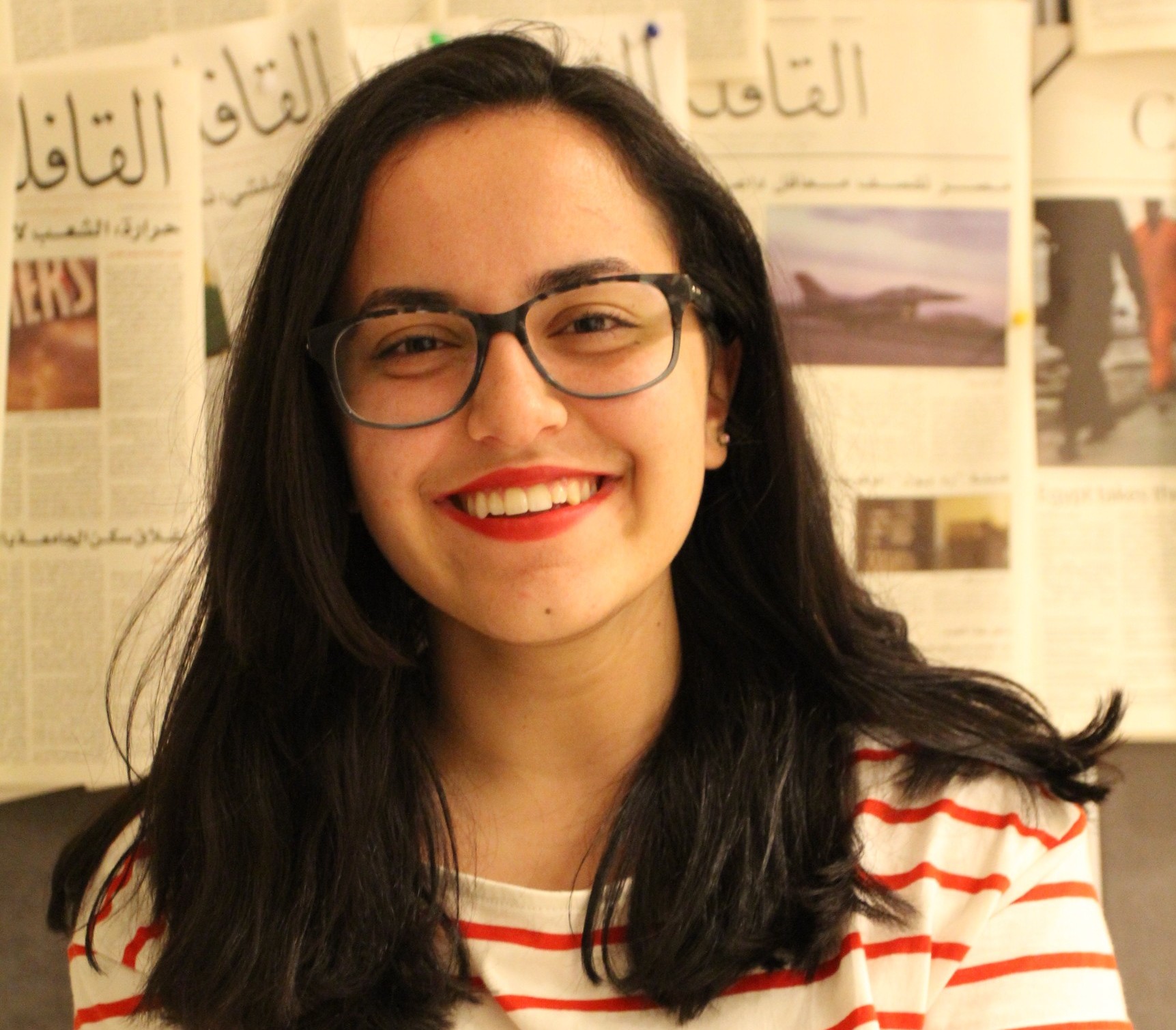New Normal: Did it Feel like Eid Amid Corona?
By: Nourhan ElAraby
@nourhanelarby
For the second year in a row, Muslims around the world have had to adapt to the COVID-19 pandemic and the restrictions in some countries preventing the traditional festivities from taking place.
In Egypt, public gardens were empty as police stood nearby to prevent revelers from gathering. The gardens which were once festooned with families and laughing children seemed desolate as a new normal took root.
The new regulations Prime Minister Mostafa Madbouly announced on May 5 to close all shops, malls, theatres and cinemas at 9pm until May 21 have made the post-Ramadan feast somewhat bittersweet as age-old customs such as buying new clothes, gifts, and Kahk (traditional Eid cookies) have had to adapt to the new norms.
Director of the AUC Clinic in New Cairo Bassem Atalla said that the intended outcome of the newly imposed Eid regulations was to raise people’s alertness on how serious the situation has become. The hope is that these restrictions might cause people to follow safe practices and avoid events and gatherings.
“I think that the government’s latest decisions will be extended for more than two weeks if the situation that initiated the Eid regulations remains critical. This [extension] will be determined by the government after monitoring the infection rate and the number of available beds at hospitals,” Atalla told The Caravan.
On May 25, the Ministry of Health and Population released the most updated figures of COVID-19 infections: daily infections of 1,149 – slightly down from two weeks ago – were recorded for a total of 254,985. The official death toll was 45, reaching a total of 14,767.
However, Director of the AUC Clinic in Tahrir Suzan Fouad thought that imposing a curfew instead of the new regulations would have been more effective in curbing the spread of the virus. The above figures appear to support her approach.
“I think there must be a complete closure of all gathering places, as well as severe punishment for those who do not adhere to preventive measures and increase awareness of vaccination,” Fouad said.
In light of the new regulations, people decided to cope with them and enjoy their time as much as possible given the current circumstances.
“I celebrated my Eid working, and I totally disagree with the government’s decision, as People failed to run their errands because of the new regulations,” Mostafa Mohamed, an Uber driver said.
Computer Engineering senior Ahmed Sharaf said that he celebrated Eid at home, to keep his family safe.
Sharaf also said that the timing of these regulations was convenient for the sake of people’s safety to prevent the festive crowd that won’t be safe during this critical situation.
Haidi Farid, an Economics senior, disagreed with the decisions made about limiting the opening hours of cafes, restaurants, and shops.
“This will not significantly impact the number of COVID-19 cases, the cases will still rise as people still gather in their houses,” she explained.
According to the Prime Minister’s Office, the cabinet announced that there will be an extension for the closing hours for stores, malls, and restaurants, until the end of May.
Public gardens and beaches will reopen with convenient precautionary measures.
“People cannot be complacent but should continue to take precautions,” said Ibrahim Ahmad, a taxi driver and mechanic in Maadi.
He said he kept his family all at home this Eid season.




